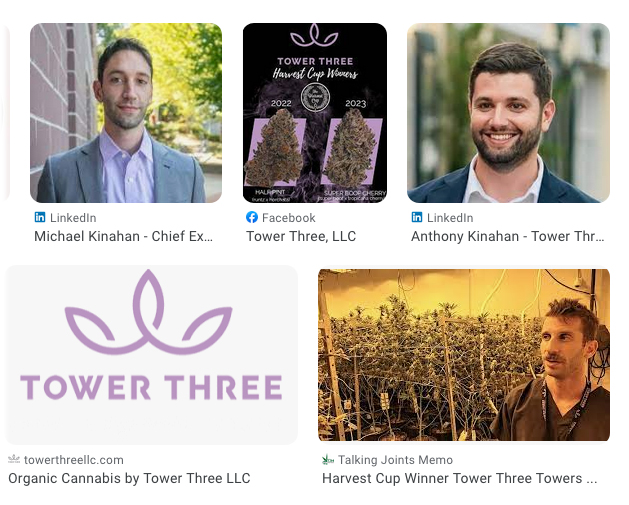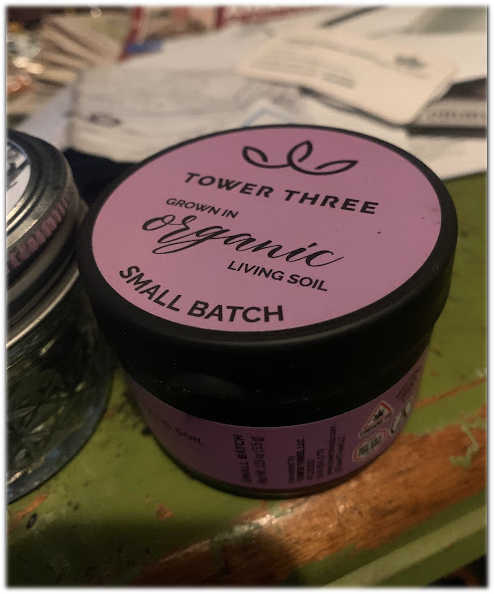
A number of years ago, I was invited to come tour a facility being built in Historic Taunton, Massachusetts,
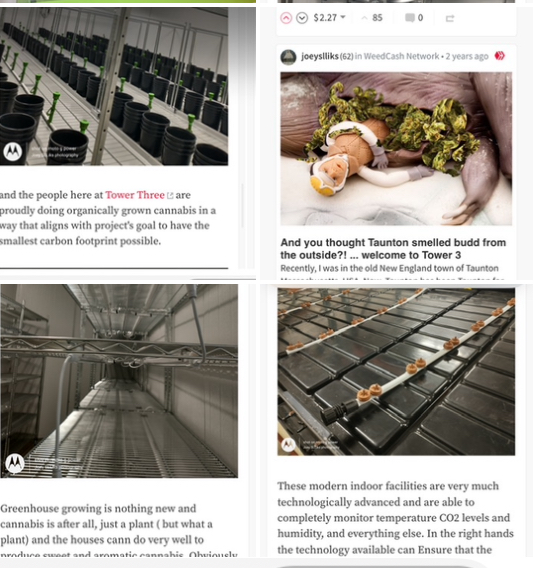
owned by the Kinahan brothers and Isaias Correia.
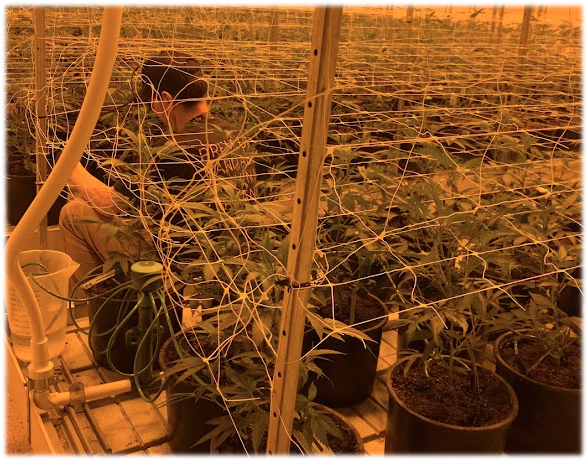
Since then, They’ve proven themselves with their award winning herb,
and derived products, which are flying off of the shelves in exciting "Grassachusetts".
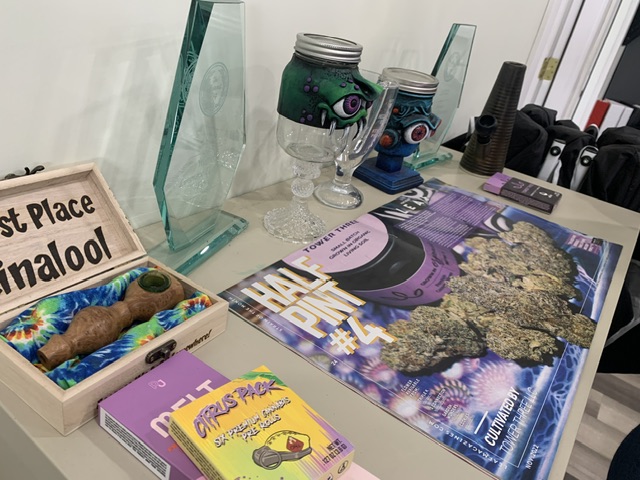
They are killing it, growing organically produced cannabis, grown in organic living soil, exactly as they said they would.
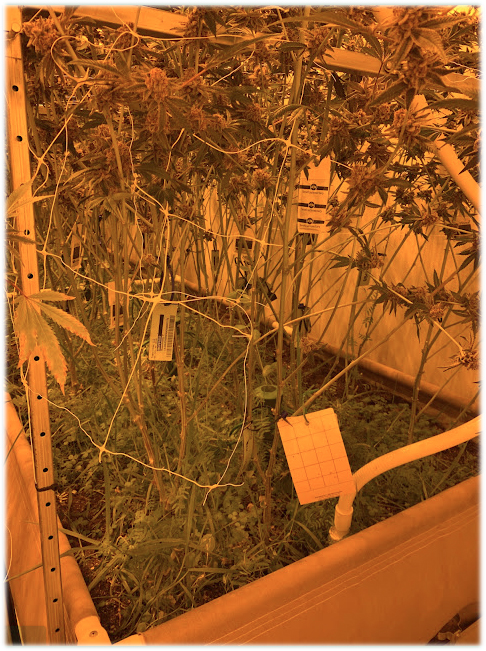
We reached out to them hoping to get another tour, and so they gave us the green light to "Return to the Tower".
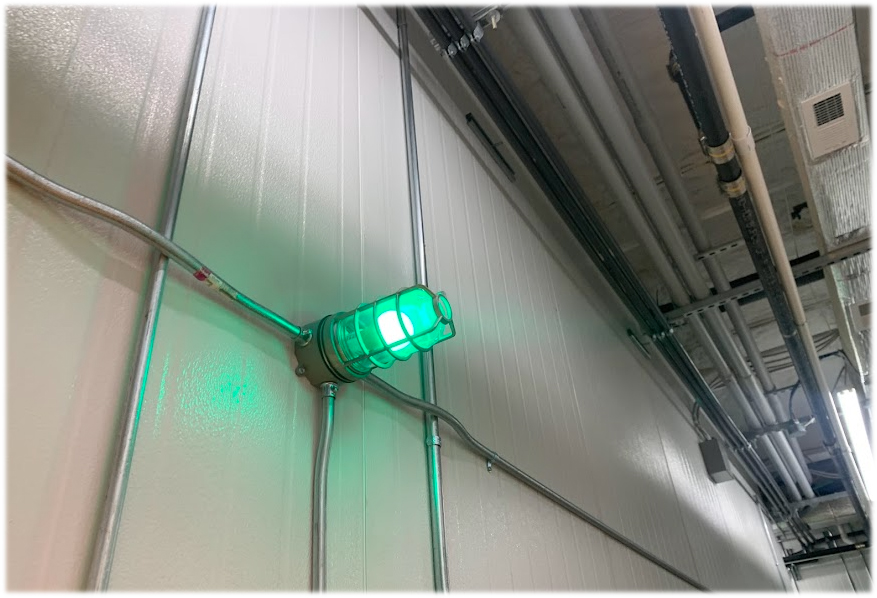
We were very excited to make the trip back and see how things were growing.
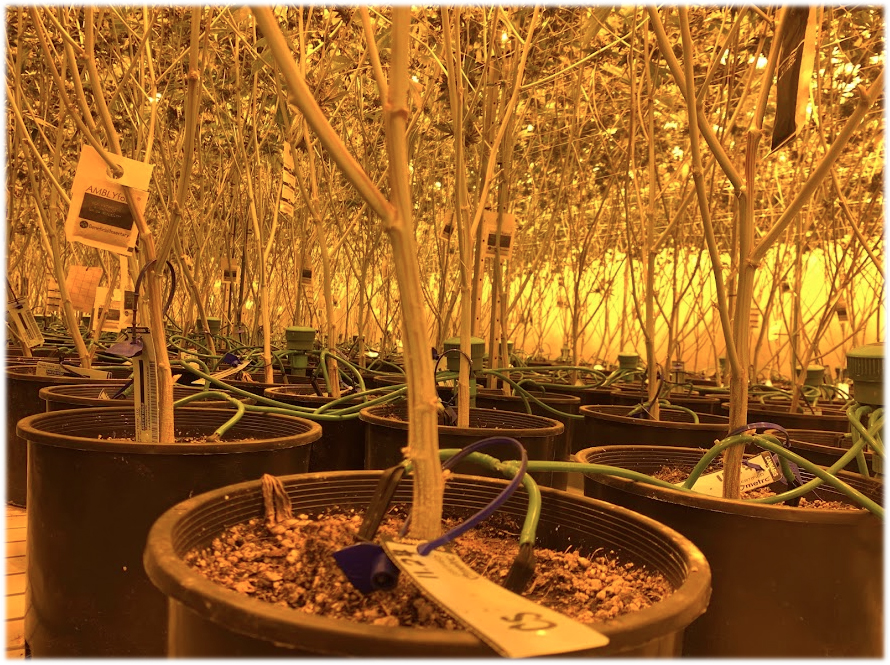
Tower 3 Organic Cannabis have been gaining popularity over the release of their top shelf products, and have recently been covered by area publications like Talking Joints Memo (Chris Farrone) and North East Leaf (Bobby Nuggz), and in particular, for their strain "BUTTERWOLF",
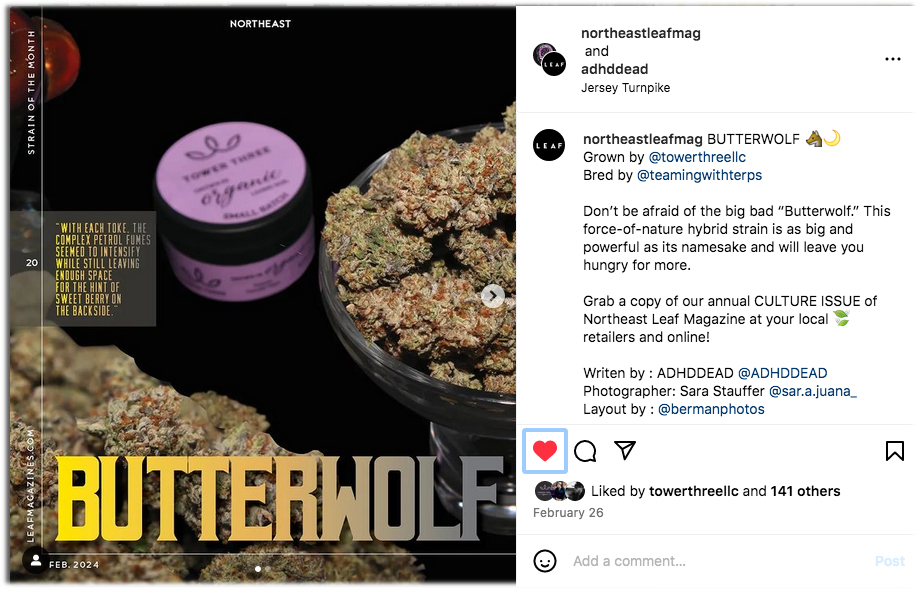
created by their resident geneticist “JAMES”.
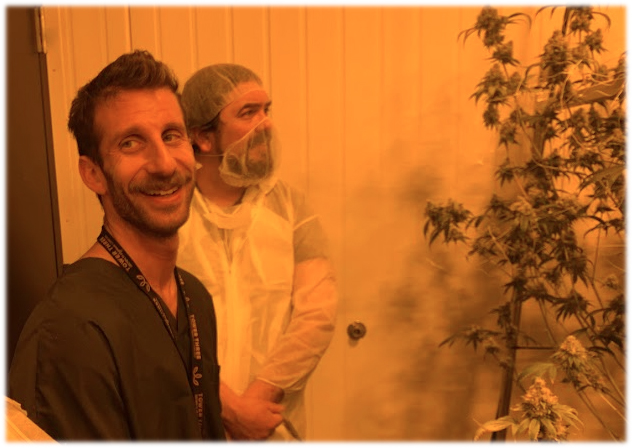
In terms of community impact, they boast the most employees per square foot of any of the Massachusetts growing facilities,
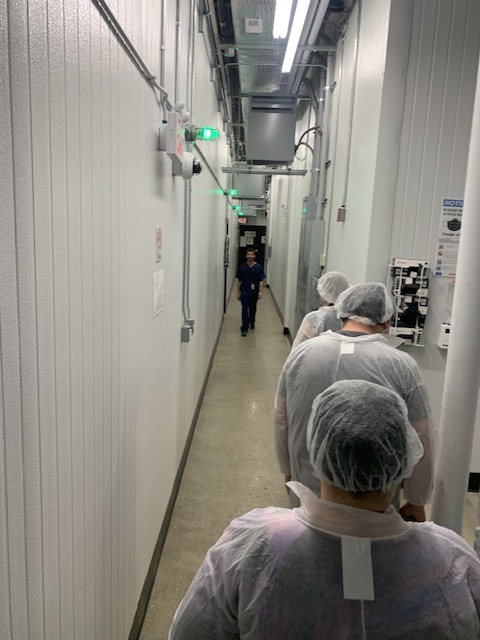
and have got a fully human staffed operation. There’s no machines here. They do everything by hand, including the production of their popular pre-rolls.
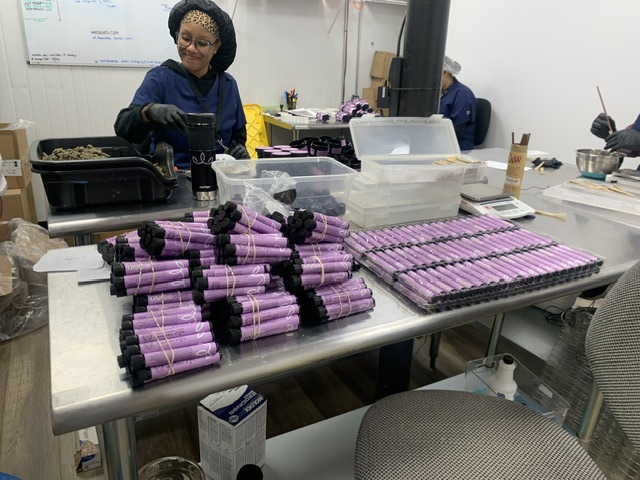
We were able to go into the room where that happens, and it really smelled amazing.
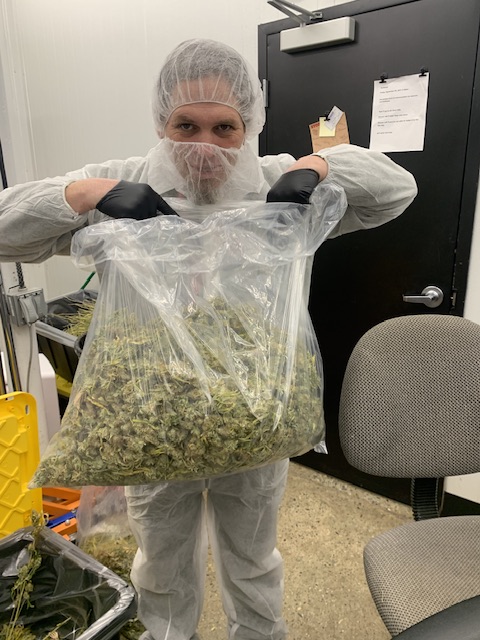
We are also able to see the cannabis they were using, which wasn’t just what should have been, discarded scraps.
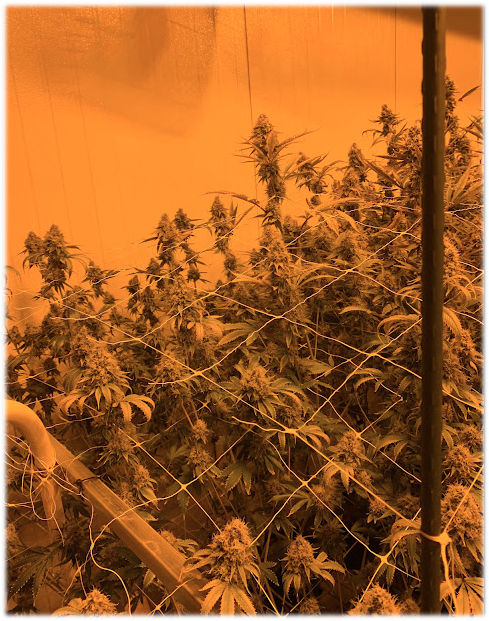
It was actually fully Cured perfectly grown Nuggs that they were stuffing into raw cones.
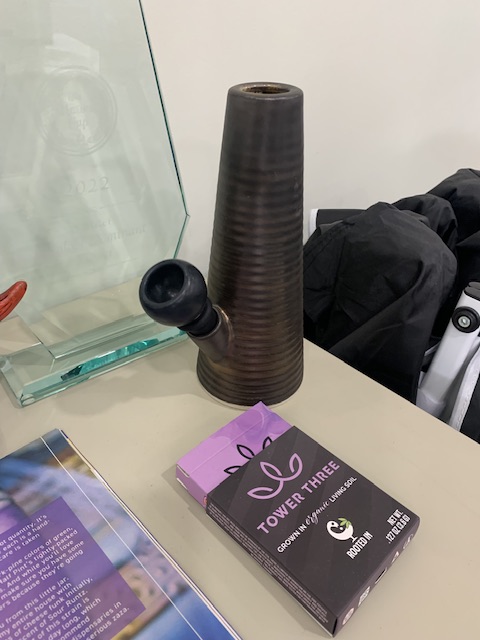
Since the beginning of MA legal recreational cannabis, many licensed grow op.s and vertically integrated dispensaries have popped up, and so there’s no shortage of people growing cannabis here in the Bay State,
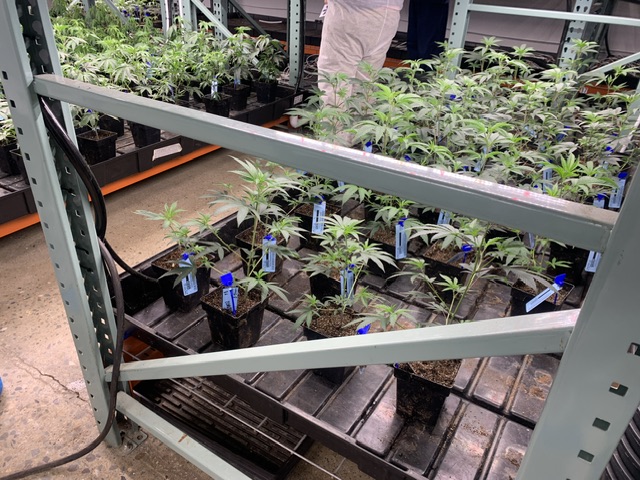
however, this is a very unique facility, in that they are growing cannabis in living soil, and putting great effort into getting the most out of the sustainable farming of cannabis.
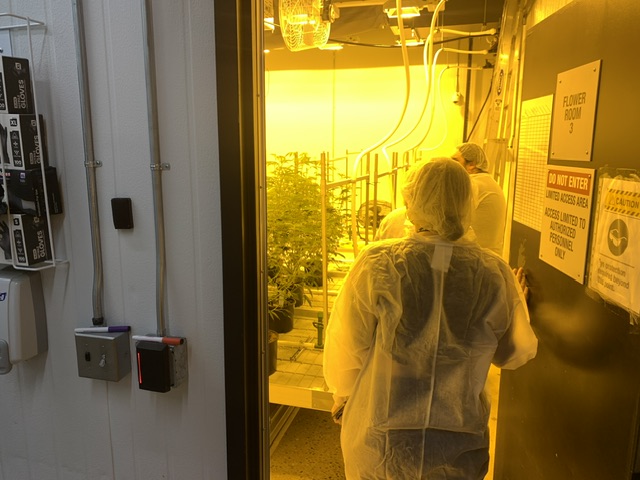
The farming of cannabis cann be a daunting task,
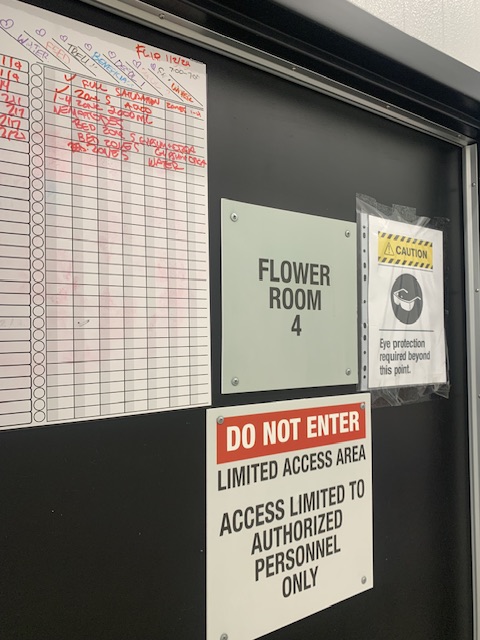
as folks involved aren’t able to claim any deductions, often completely exposed to any potential liability.
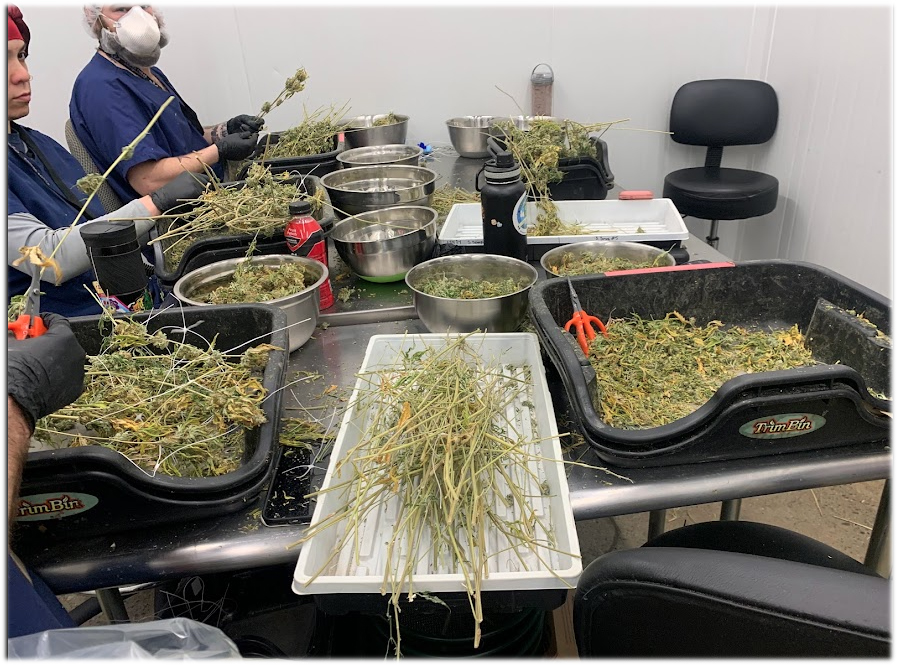
They are expected to fund the entirety of most states budgets, and they are riddled with regulations, which tend to eat up any alleged profits,
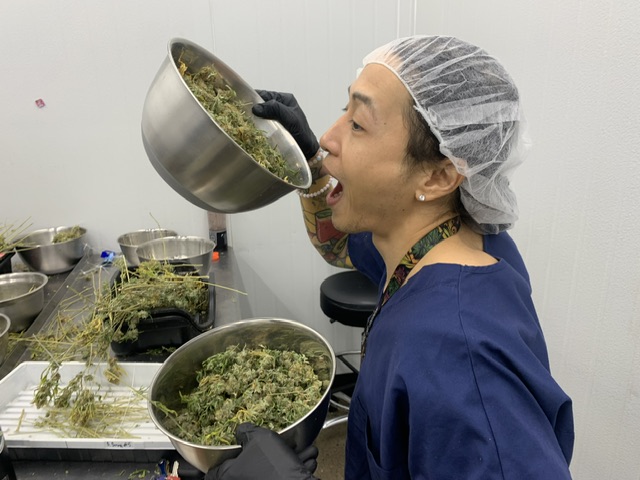
meanwhile, they're caught up in a net of regulations, making it almost impossible to roll out a business venture able to net any thing of substance,
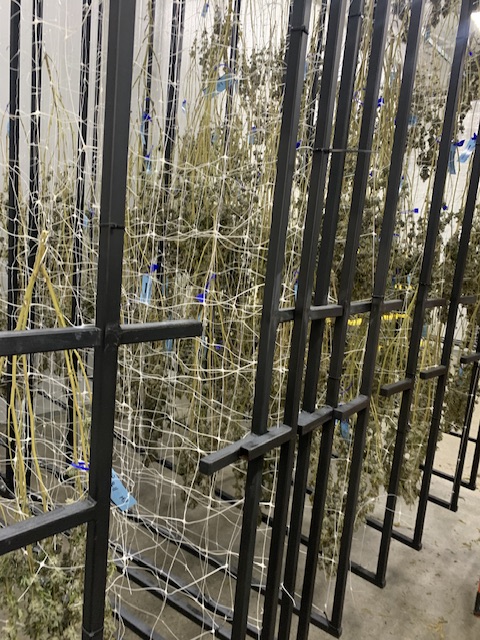
yet are forced to pay extortive compliance and community impact fees.
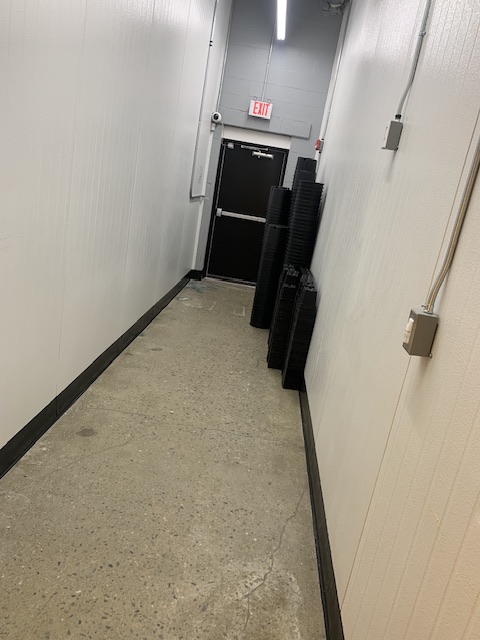
In spite fears that pot shops would ruin whole neighborhoods, dispensaries have very positive effects on the communities where they operate, including an increase in the real estate values and decrease in insurance premiums and traffic fatalities.
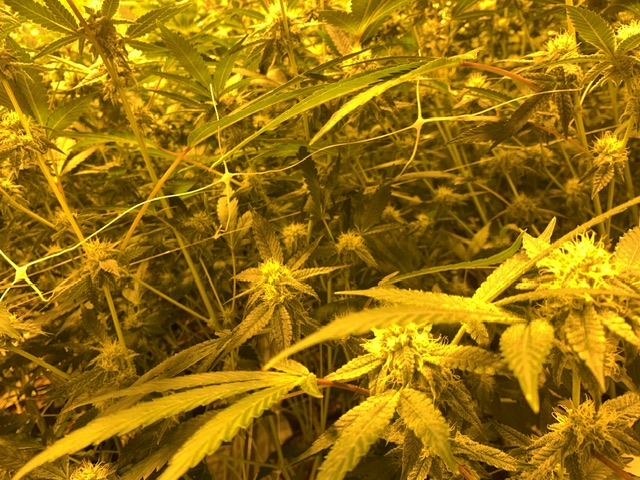
According to recent data, even youth in the states who have had legal cannabis for some number of years, actually become less likely to use cannabis than youth living in areas under the recreational cannabis prohibition and criminalization.
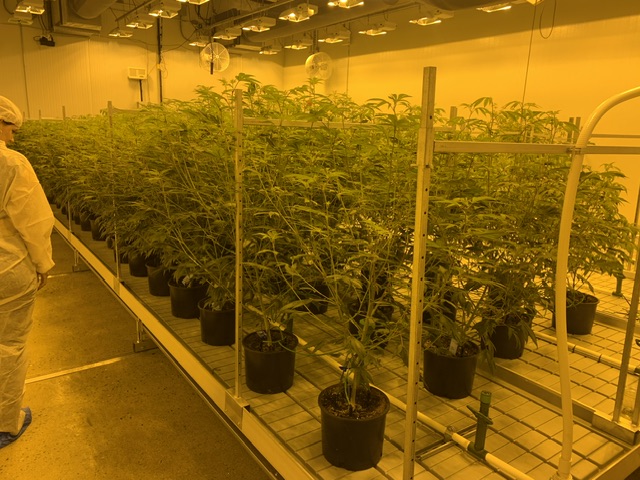
The success attributed to the taxation of recreational Cannabis in the respective cities and towns have balanced budgets and opened doors for groups involved in, what are known as, social equity and economic empowerment legal cannabis programs.
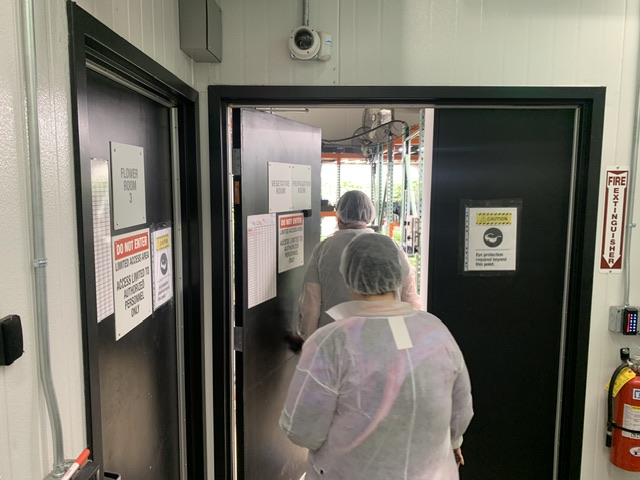
As a result municipalities who were initially cautious have now decided to implement legal rec. programs and so the market has been facing saturation problems, including a dramatic drop in the price per gram at recreational dispensaries.
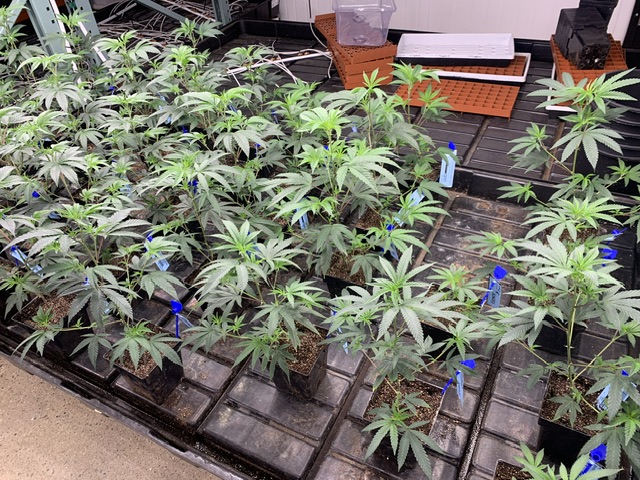 3
3
As the resulting profit margins have shrunk, growers have had to cut corners.
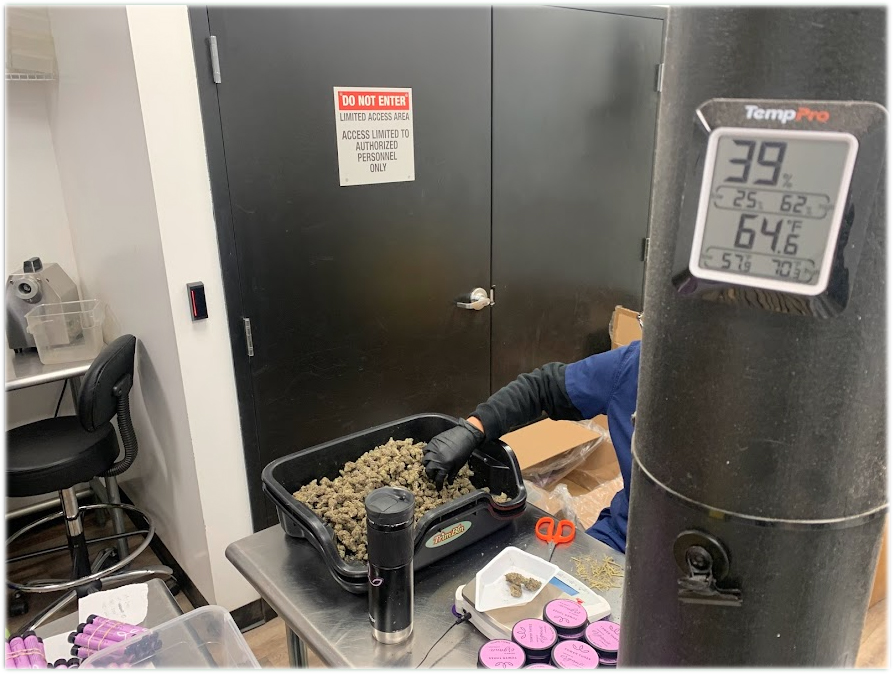
Operations like tower 3, have instead of making changes that could affect their quality of products, have instead turned their focus to doing more with what they've got, from where they are.
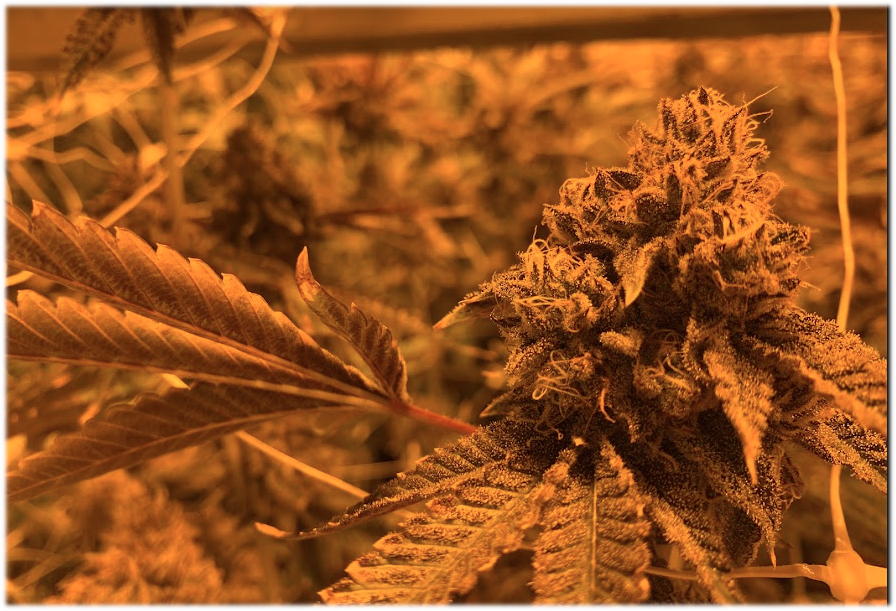
They're relying on biology and putting great effort into developing giant beds of nutrient rich, living soil. It allows them to reuse existing soil freeing them from put effort into many time consuming tasks, such as preparing buckets of super soil only to dump them out and destroy it.

Instead, they are developing a natural system using basic worms which will allow them to reclaim nutrients via composting and to maintain mycelium rich garden beds that are able to become almost self sustaining at some point.
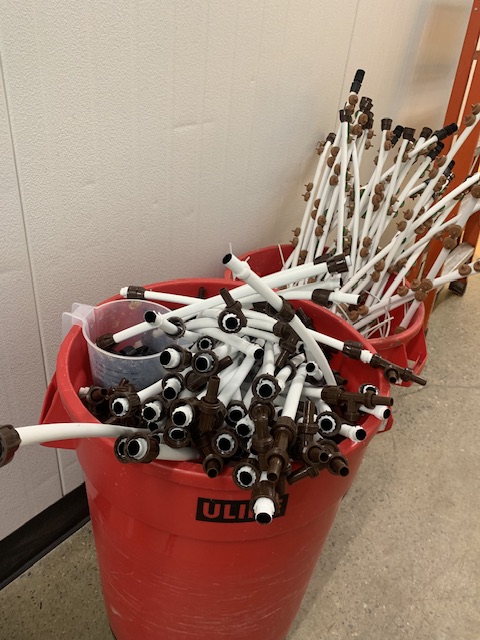
requiring very little fertilizer and overall maintenance, while staying within their water budget goals, with the integration of cover crops.
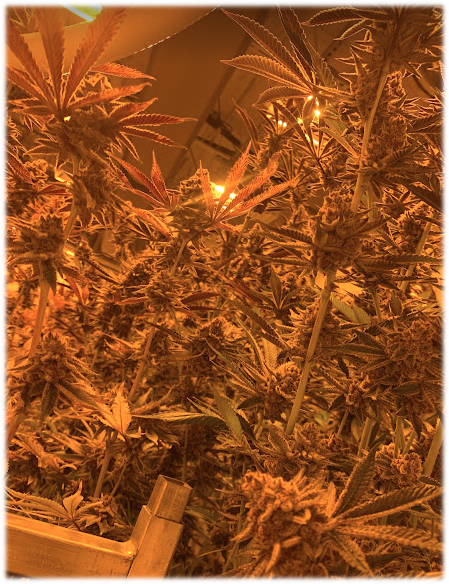
Not only will this significantly shrink their alleged carbon footprint, it will also increase the air quality in the facility, while producing what they are guessing to be a 30% increase in bud yield, compared to the same genetics being grown in the same room, but in pots.
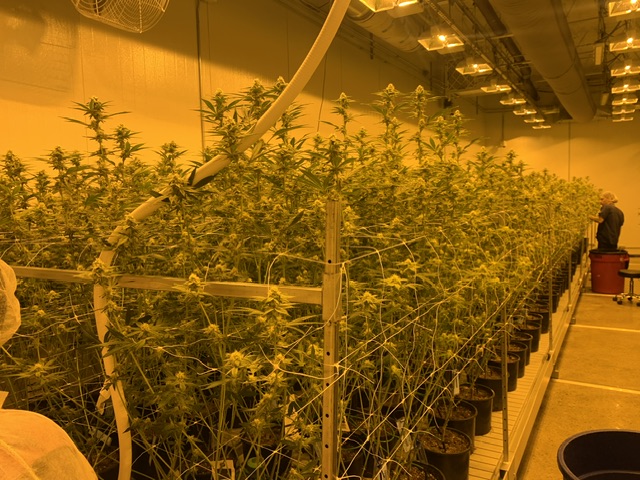
Tower Three is using High Pressure Sodium lights in their flower rooms. It gives them what they describe as a "frostiness" they cannot seem to produce under even modern led lighting.
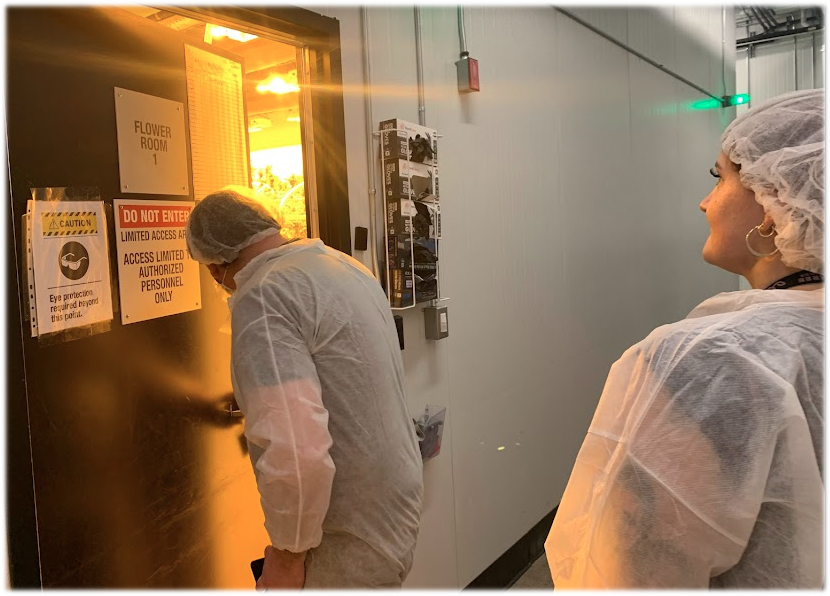
While there has been a push for folks to convert to led lights for increased energy efficiency, it may even be required as an industry standard in the coming years, Tower 3 is not looking to cut back on taking advantage of the product they are getting as a result of using H.P.S. over LED lighting,
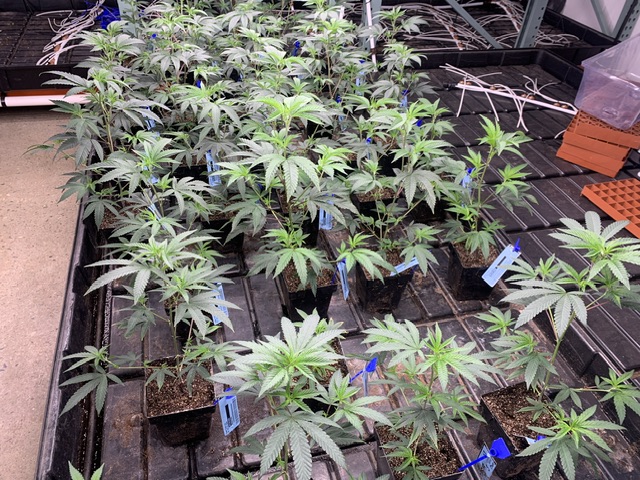
They are instead making changes to the way they are growing, increasing flower production from the crops, and being able to reduce waste and reuse much of what they would otherwise have to dispose of, and of course making the most of their use of nutrients and water supply.
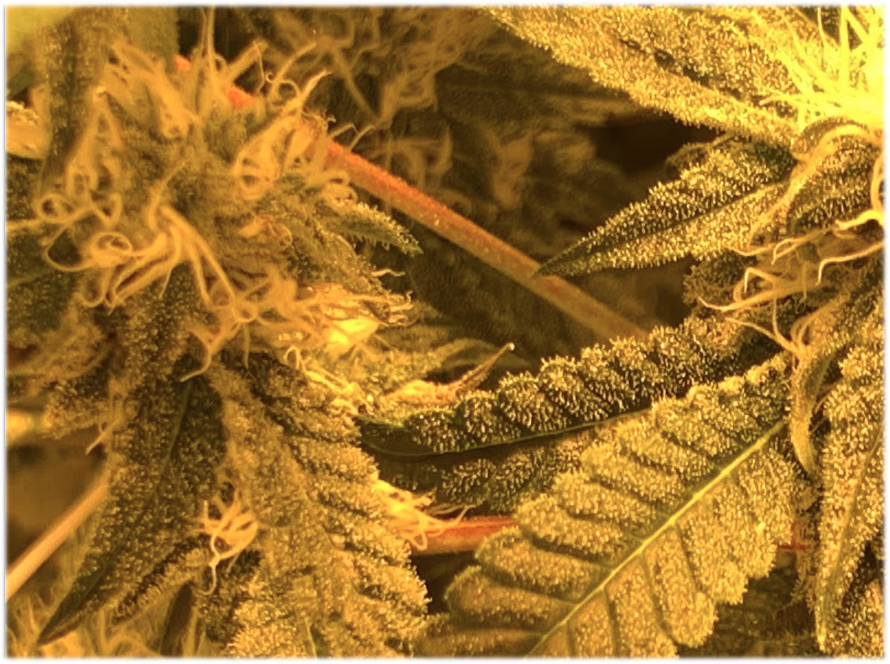
If dispensaries not being able to keep their product on shelves is any metric of success, Tower Three is on top.
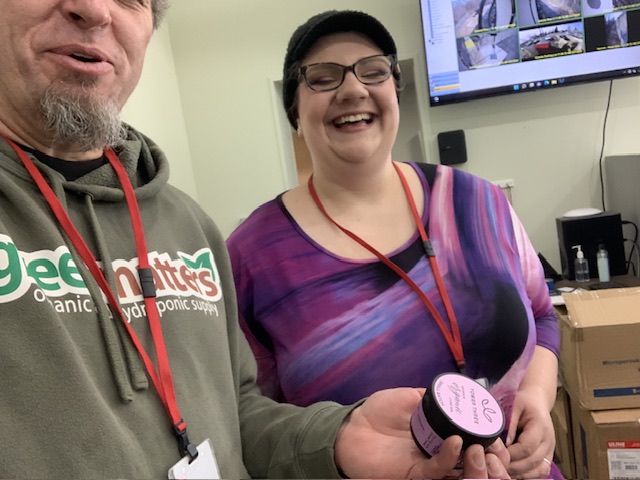
Tower Three Organically grown cannabis in giant beds of living soil ....Highly Recommended
